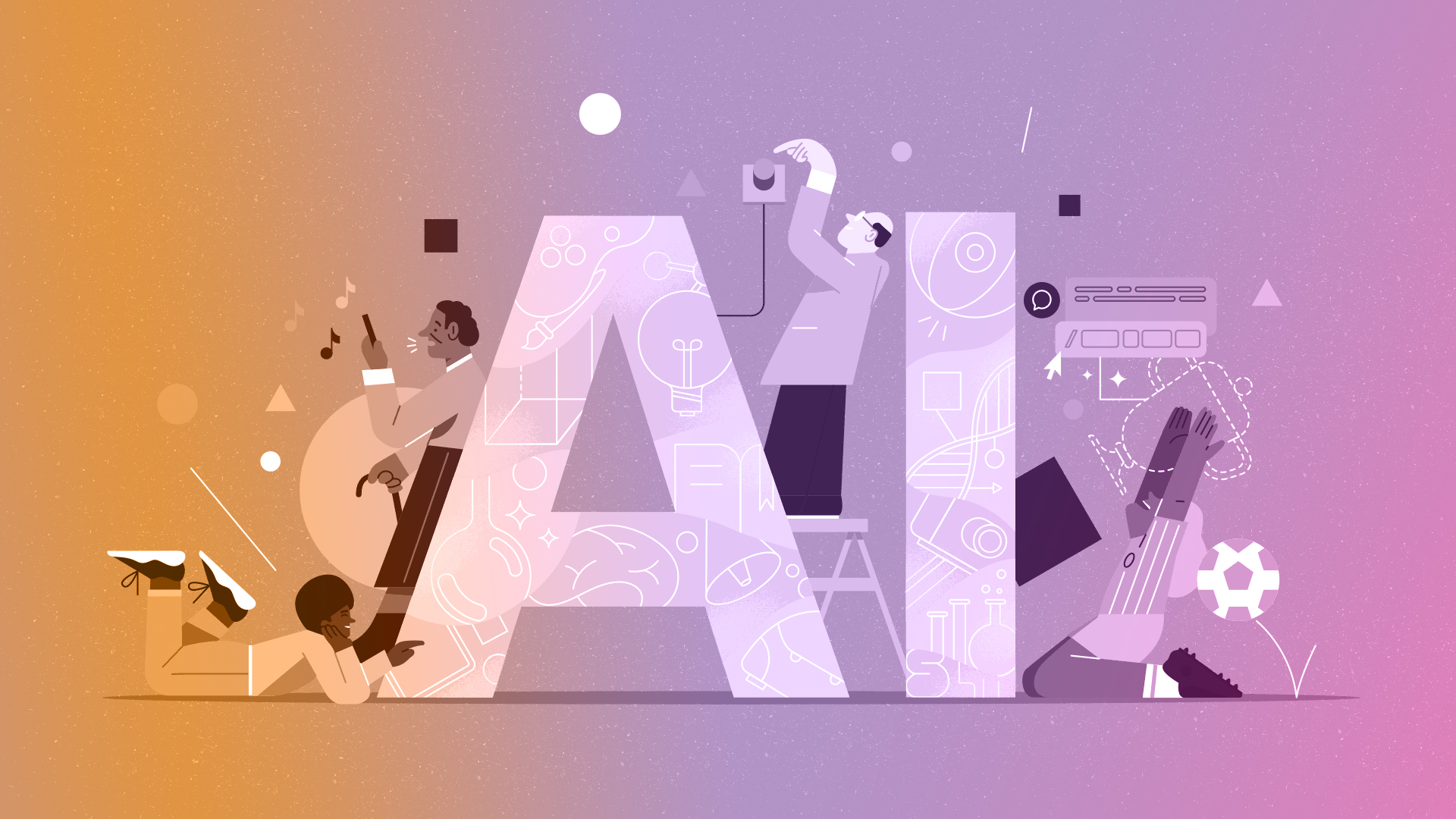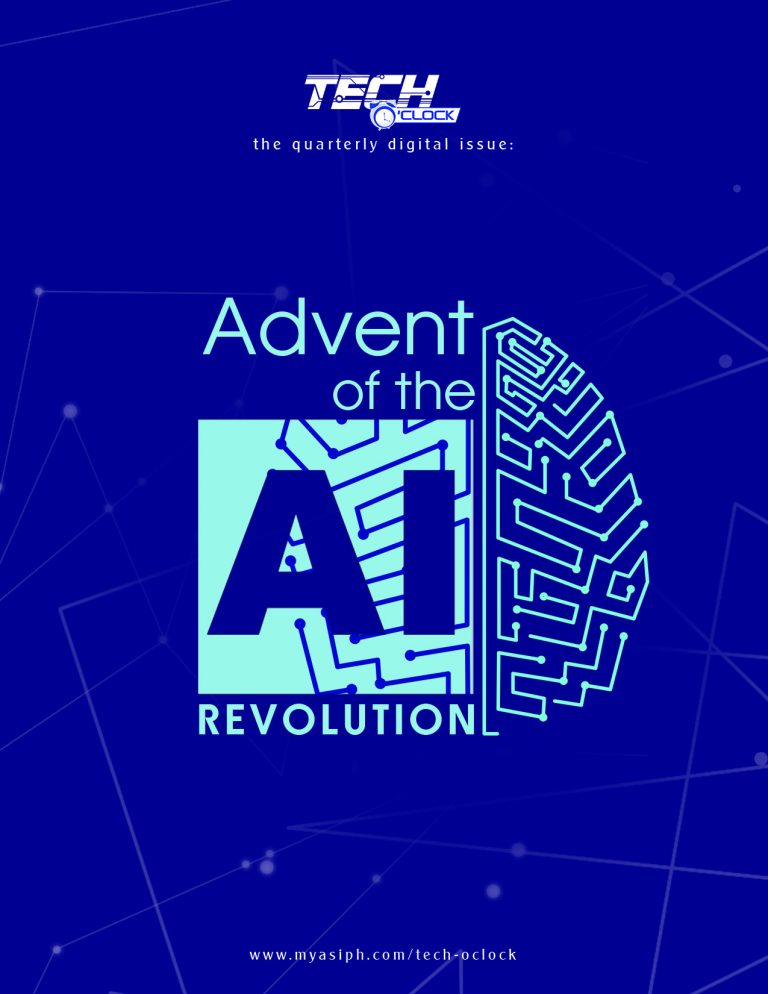
2024 Work Trend Index: Filipino Workers Lead in Using AI
With the rapid advancement in technology, the AI phenomenon is something to be expected. But, the constant evolution in the digital world is — still taking everyone by surprise! While AI is remarkably transforming how people live and work, market leaders leverage this new wave of innovation to gain a competitive advantage.
The 2024 Work Trend Index released by Microsoft Corp. and LinkedIn in early May 2024 shows that Filipino employees are not just leading Asia in terms of AI usage for productivity but also around the world. This particular report/survey aims to find out the global and regional insights into the current job market and how employees of the future can use AI to advance their careers.
The survey would gather responses from 31,000 people across 31 countries, examining labor trends, Microsoft 365 productivity signals, and data from Fortune 500 customers. This index’s findings suggest that 86% of Filipino knowledge workers use AI at work, compared to the global and regional averages of 75% and 83%, respectively. AI was found to have saved employees about 30 minutes of daily work, as well.
Microsoft Philippines CEO Peter Maquera said: “[Last year] will be remembered as the year of AI, but this year we will start to see real impact as we move from potential applications to living innovations. The current state of AI adoption in the Philippines is very promising.”
“We’re seeing innovation at scale across industries through our customers, who are unlocking efficiency, personalization, security, and sustainability by applying AI solutions to their challenges and priorities,” he added.
Highlighted, too, is the anxiety among half of Filipino leaders that their organizations lack a standard plan for AI implementation in the workplace. The research emphasizes that 70 percent of leaders will only hire professionals with AI capabilities.


Experts advise that workplaces can take advantage by investing more in AI and equipping their employees with such tools. In fact, executives here in the Philippines would rather hire less experienced workers with AI knowledge compared to experienced candidates.
Filipino workers are becoming more interested in learning about new tech, as well. The research also found out that Filipino AI users are 30% more likely to get training on prompts and for their roles. These numbers are the latest in what seems to be an AI-savvy workforce emerging in the country.
Though it may seem unfamiliar to us now, AI is uniquely capable of serving human ends — from optimizing technological efficiency to aiding in the creation of artwork that can be appreciated by audiences around the world. The human response to AI’s output is what will determine its utility, including as an instrument of meaning-making. There is no denying that AI will play an expanding role in our increasingly digitalized world. What we need is a strategy of coexistence that respects, elevates and optimizes both human and machine.










